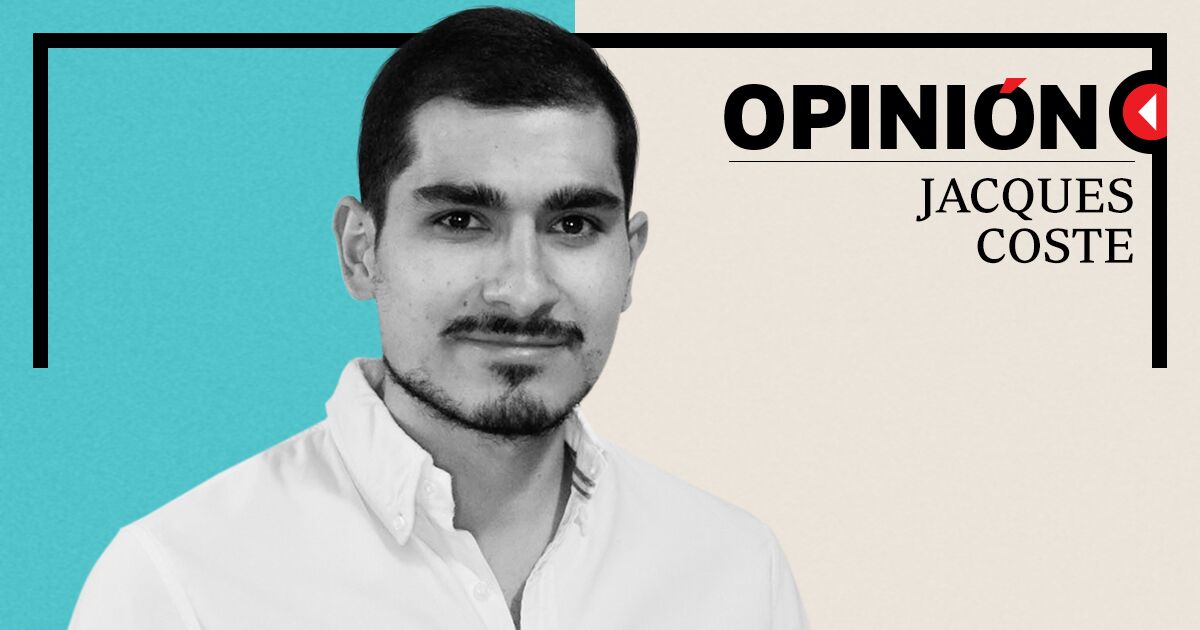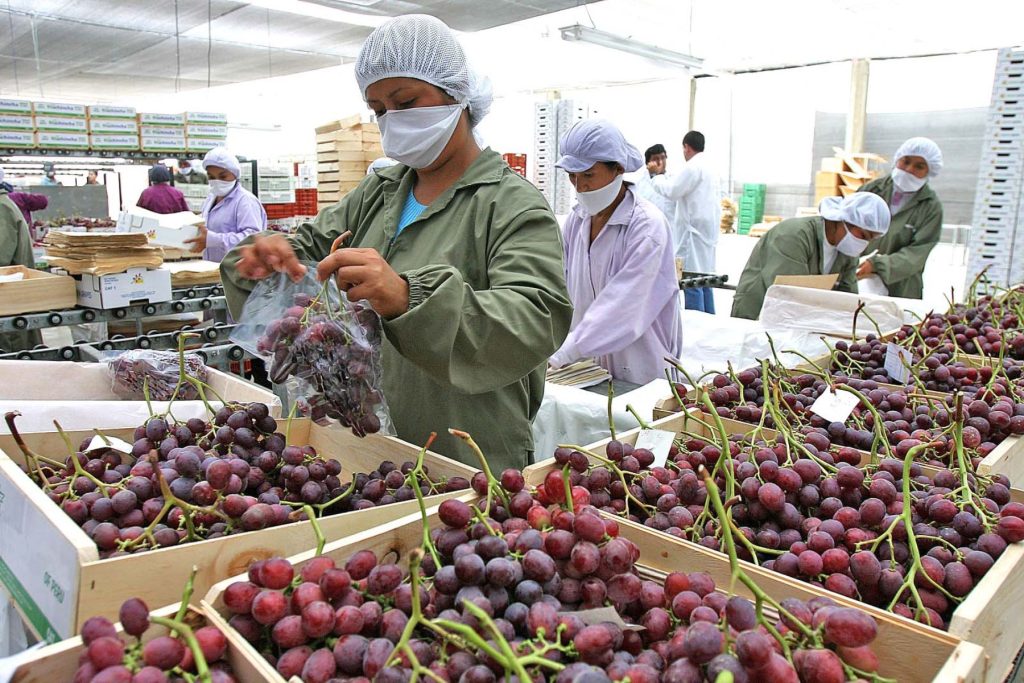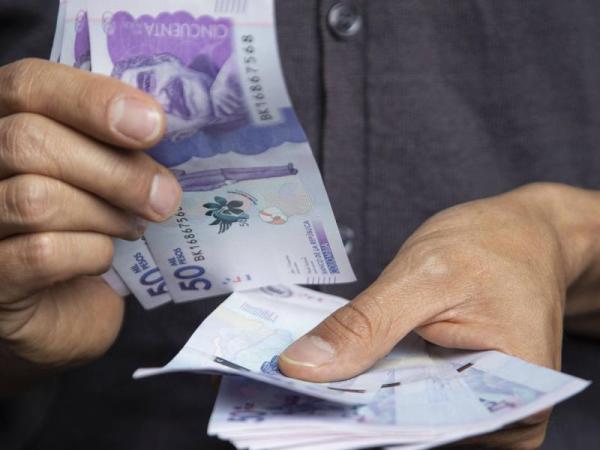It seems to me that it is necessary to challenge these analyzes or, at least, rethink and qualify them. It is true that the opposition is weakened and its presence in Congress is almost negligible. It is true that Morena has changed the Constitution so much that, in practice, it has founded a new constitutional regime. It is also true that, with the reforms to dismantle autonomous bodies, reduce judicial independence and strengthen the Armed Forces, the ruling coalition has concentrated enormous power to exercise it in a discretionary, opaque manner and with very few legal, political and institutional obstacles. .
However, despite all this, the Morenoist coalition does not have, anywhere near, the power that the PRI managed to consolidate – at least not yet – and, despite the fact that we are facing an increasingly authoritarian government model, it is a State with few real capabilities to exercise the power granted to it by the letter of the law.
It is one thing to concentrate powers and responsibilities in the federal government and quite another thing to have the real capabilities to effectively exercise power.
I clarify: I am not saying that the Morenoist coalition is not very powerful, but I am arguing that it is less powerful than it seems, since, at least for the moment, it lacks the mechanisms, capacities and abilities to fully exercise the great power he is concentrating.
As it says Humberto Beck there are two factors that greatly reduce the real power of the Morenoist coalition and the possibility of the (civilian) State exercising its powers fully. The first of them is organized crime; the second, the Armed Forces.
Criminal organizations are the regulatory entities of economic, political and social life in various regions of Mexico. They dictate the norms and codes of conduct in communities; they collect informal and parallel taxes to those of the State (extortion, rights of passage and land, imposition of quotas on merchants and others); They take over formal businesses (gas stations, gyms, stores in shopping centers, etc.), informal businesses (such as street commerce, markets, flannel shops and others) and illegal businesses (human trafficking, drug sales, kidnapping, smuggling and others). ); and influence local politics through campaign financing, candidate selection, co-optation, threats and violence.
In short, in some regions of the country, there is a criminal structure, parallel to the State, that manages important slices of the collective life of the communities. In other regions, organized crime is the real power that controls the territory and establishes schemes to extract local economies through violence.
In all these areas of the country, the Morenoist coalition is unable to fully exercise the power that the law confers on it. Even in several areas where local governments or federal authorities negotiate with criminal groups, those who have the upper hand are the criminal organizations, not the representatives of the State.
Secondly, the continued assignment of powers, responsibilities and resources to the Armed Forces can serve to strengthen the State, but not in all cases the Morenoist coalition. The Army and Navy have their own interests. Sometimes they coincide with Morena’s and other times, they don’t.















